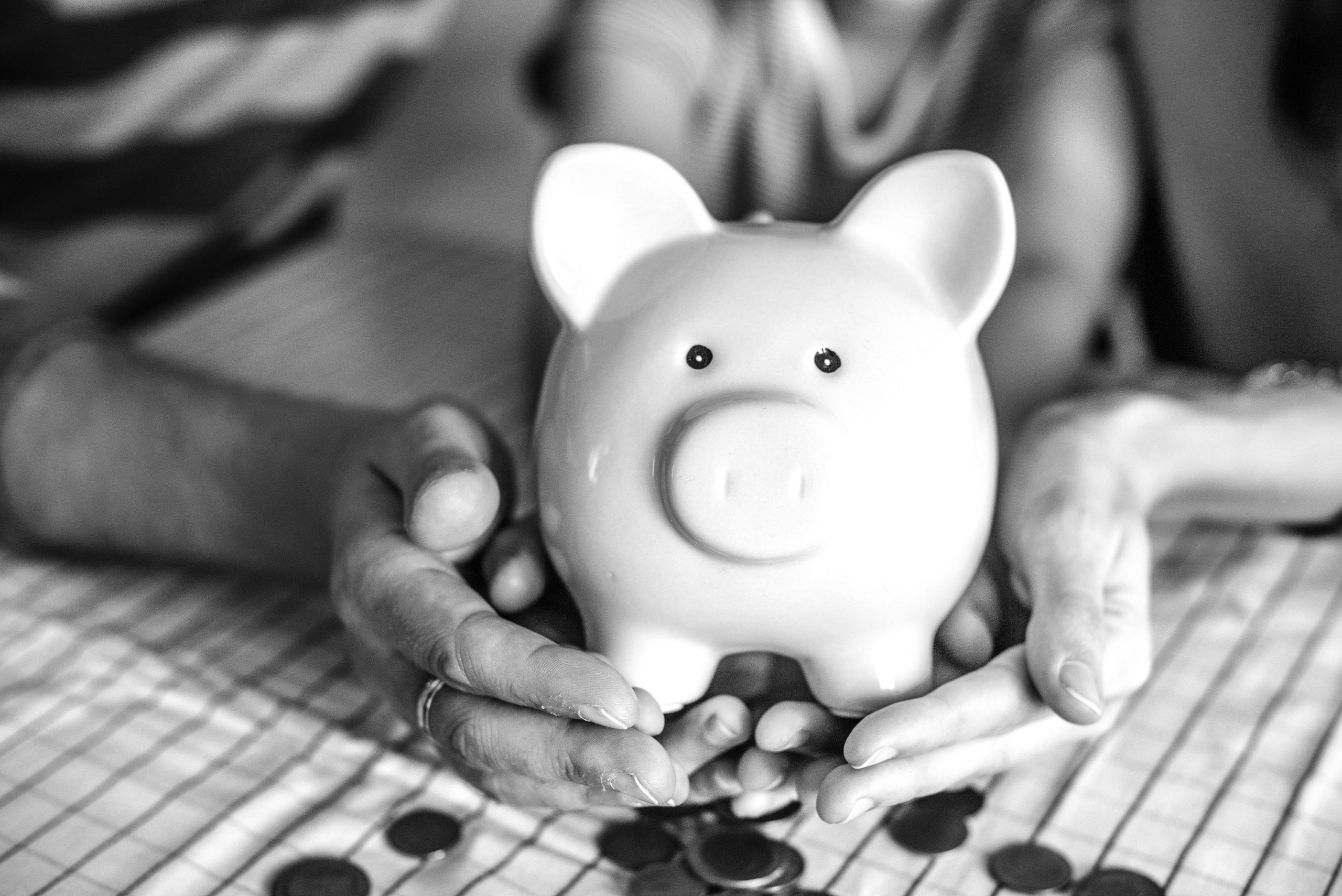Gold has fallen to 1231 an ounce. The Chinese yuan has depreciated to 6.76 and triggered a Black Death in emerging market currencies. Copper has fallen 18% in the past month. Emerging market equities/debt markets are in free fall. The US Treasury debt yield curve has flattened alarmingly since the beginning of 2018. The financial markets (and Trump!) are sending a desperate plea to the Federal Reserve to stop its planned interest rate hikes and shrinkage of its balance sheet. The US stock market has benefited from a tsunami of safe haven capital flows as the global liquidity squeeze devastates the emerging markets, whose dollar debt is now $11 trillion, up from $5 trillion in 2007. The currency meltdowns in Brazil, Turkey, Argentina, Pakistan, South Africa, even China and India remind me of one of the darkest moments in global finance, the summer of 1998, when Russia defaulted, Indonesia imploded in anti-Chinese riots and bank runs and South Korean housewives pawned their gold to help repay a $57 billion bailout IMF loan.
Chairman Powell did not refer to the credit distress in the emerging markets in his testimony to the Senate Banking Committee. He did not acknowledge any need to slash interest rates to prevent panic in emerging markets, as Alan Greenspan did with three successive rate cuts in autumn of 1998. Au contraire. The Federal Reserve will reduce the size of its bond purchase program from $40 to $50 billion a month in October. This raises the risk of global debt deflation, as Dr. Copper warns us.
As the Federal Reserve has shrunk the monetary base of the world’s reserve currency with seven rate hikes and the unprecedented shrinkage of its balance sheet, the reason King Dollar has been on a rampage against not just emerging markets but even G-10 currencies, as the fate of the Euro, British pound and the Canadian dollar attests. The US banking system is the only real credible destination for savings for the global smart money. The scenario I had dreaded when the Fed’s quantitative tightening program began – zombie banking systems, currency devaluations, hot money exodus from emerging markets, bankrupt Third World (sorry, growth markets!) countries has now come to pass.
The Japanese yen has not responded to risk aversion in emerging markets with a classic safe haven bid, as in 2008 (Lehman, subprime mortgages), 2010 (Euro sovereign debt, Greece) and 2016 (Chinese yuan) crises. Shinzo Abe’s political woes, the US equities bull market and Mrs. Watanabe’s appetite for foreign risk assets has led to a fall in the Japanese yen to 113, not panic buying as emerging markets plummet in value. King Dollar has meant the Japanese yen has fallen 5% since March, even as trade tensions between US and China escalated. The “safe haven” argument does not work any longer in Japan or in the gold market when the Fed balance sheet shrinks by $200 billion. Only sterling, plagued by Brexit and the political soap operas in Westminster, has fallen more than the Japanese yen in 2018 among the constellation of G-10 currencies. It is no surprise that Japanese investors are dramatically increasing their holdings of US equities, not Uncle Sam’s debt – and not hedging yen risk. When the world’s biggest pension fund (GPIF) scales up its holdings in US equities, the yen can only go down.
The macroeconomic rationale for a strong US dollar is irrefutable. The Fed Chairman confirmed that the US growth and employment outlook is white hot. The Fed’s own Beige Book surveys reinforced his views. The two year US Treasury note yield of 2.62 dwarfs the ten year German Bond note at 0.34 basis points, with short term money market yields in the Teutonic Fatherland still negative.
The British pound fell below 1.30 last week as investors were horrified by another Tory revolt in Westminster and weak UK retail sales data. Even though the sterling money markets price in 80% odds of a Bank of England rate hike in August, I doubt the Old Lady of Threadneedle Street will move in the August MPC. As investors price in the risk of Brexit without a trade deal, cable can fall to as low as 1.20. King Dollar, not Queen Britannia, rules the waves!
It is now evident that China is waging “currency war” as trade tensions with Washington escalate. The Beijing central bank has not intervened to stem the yuan’s sharp fall since Trump threatened $200 billion tariffs on Chinese imports. When Trump hits China on trade, the Peoples Bank of China hits back with a weaker yuan.







